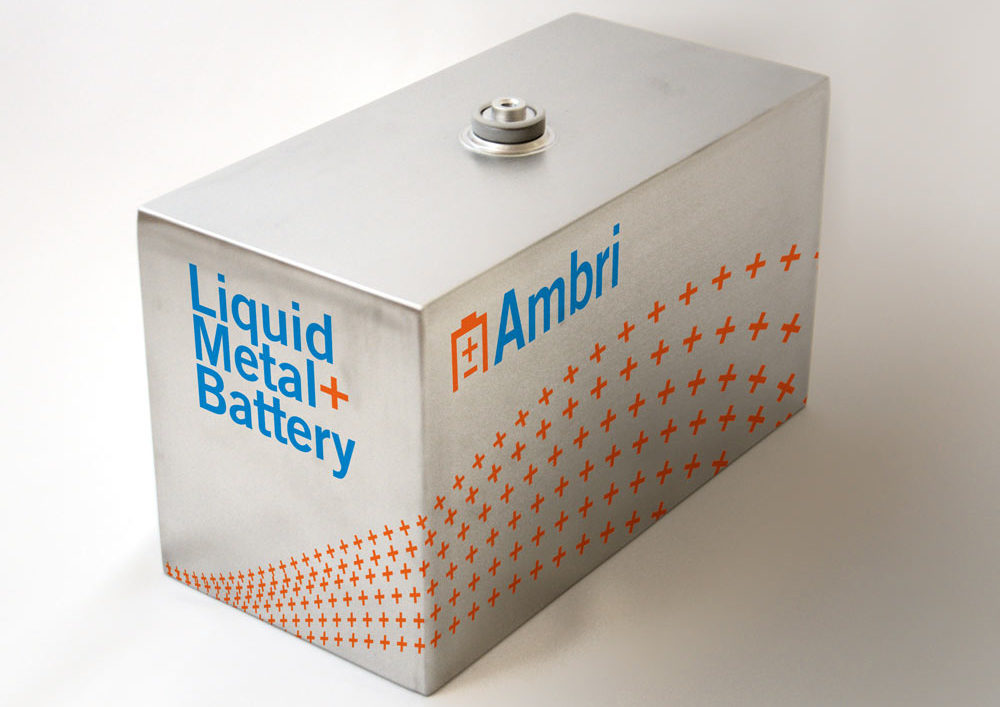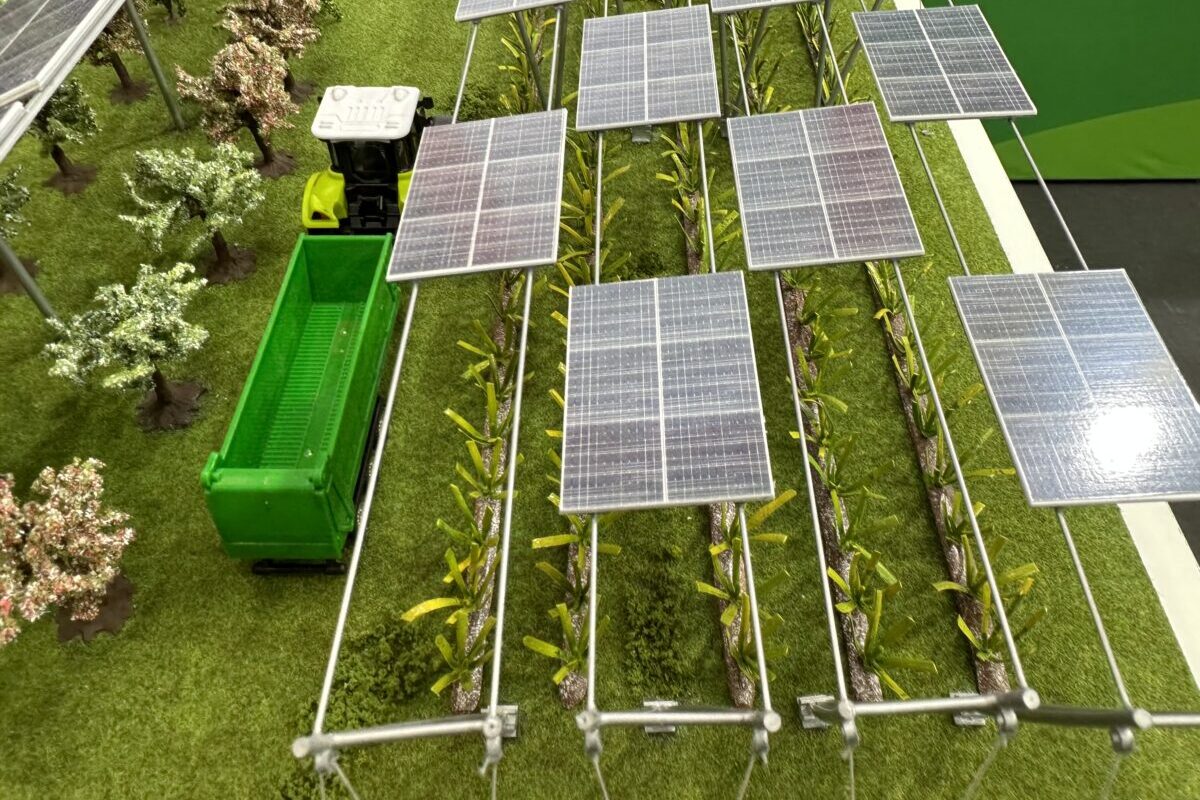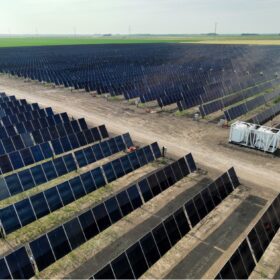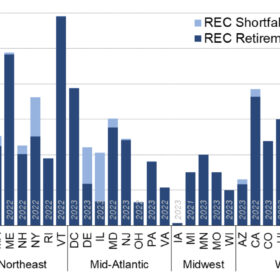Ambri has confirmed the closing of the sale of its assets in accordance with Section 363 of the Bankruptcy Code to a consortium of its lenders, as it prepares to take fresh steps toward commercialization of its long-duration storage technology.
Earlier this year, Ambri’s board, management and its lenders determined that a court-supervised 363 sale process was the best course to facilitate a comprehensive recapitalization in a bid to ensure long-term growth and profitability. The company filed for bankruptcy in May, blaming a challenging fundraising environment and thwarted plans to expand into manufacturing.
Now, the liquid metal battery storage startup has emerged with additional capital contribution from the Lender Consortium, whose bid was selected following a competitive sale process. The Lender Consortium comprises a group of Ambri’s pre-bankruptcy investors, including funds managed by each of Gates Frontier, Paulson and Co. Inc., Fortistar, and other investors.
“The team at Ambri has continued to make impressive progress towards a commercial long-duration battery system, including developing our third-generation cell product,” said David Bradwell, Ambri’s cofounder who is now taking the reins as the company’s new CEO.
“I am grateful for the dedication of our team and the support of our investors as we emerge as a leaner and more capital efficient organization. We look forward to offering our unique, safe, and low-cost commercial product to our customers at scale, to meet the strong customer demand for our battery systems, and for a cleaner energy future. As we embark on this fresh start with a stronger balance sheet and new capital, we are focused on positioning Ambri to play a leading role in the long duration energy storage market for the benefit of our stakeholders,” Bradwell said.
Founded in 2010 at MIT, Ambri has been working on building industrial-scale, liquid-metal batteries for over a decade. With Reliance Industries as one of its key investors, the company had plans to set up a large-scale battery manufacturing facility in India, in addition to building a 140,000 square foot facility in Milford, Massachusetts.
As it filed for Chapter 11 bankruptcy, the company said it had seen strong demand for its technology from across the market, equaling the planned output of its factory in Milford, Massachusetts, for three years.
Ambri’s batteries feature a liquid calcium alloy anode, a molten salt electrolyte, and a cathode comprised of solid particles of antimony, enabling the use of low-cost materials and a low number of steps in the cell assembly process.
To continue reading, visit our ESS News website.
This content is protected by copyright and may not be reused. If you want to cooperate with us and would like to reuse some of our content, please contact: editors@pv-magazine.com.









By submitting this form you agree to pv magazine using your data for the purposes of publishing your comment.
Your personal data will only be disclosed or otherwise transmitted to third parties for the purposes of spam filtering or if this is necessary for technical maintenance of the website. Any other transfer to third parties will not take place unless this is justified on the basis of applicable data protection regulations or if pv magazine is legally obliged to do so.
You may revoke this consent at any time with effect for the future, in which case your personal data will be deleted immediately. Otherwise, your data will be deleted if pv magazine has processed your request or the purpose of data storage is fulfilled.
Further information on data privacy can be found in our Data Protection Policy.